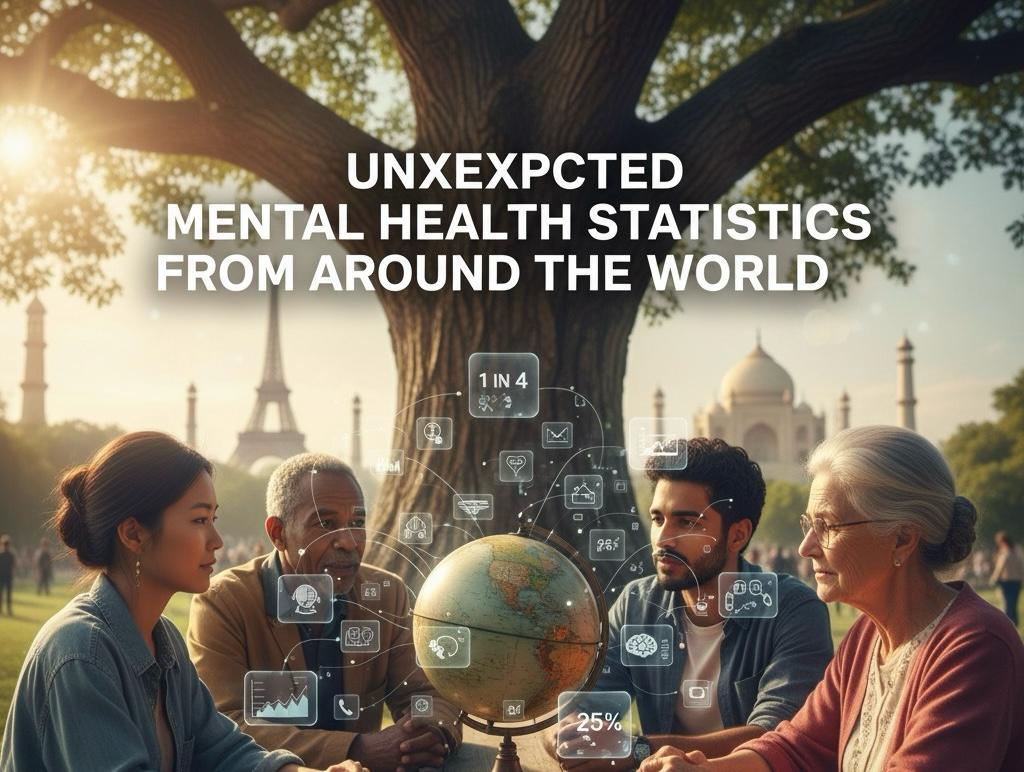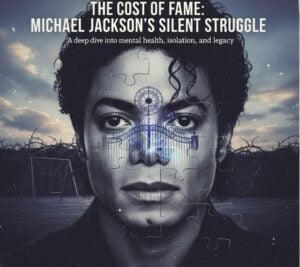Moral licensing is a paradoxical psychological phenomenon that explores how past moral actions can sometimes license individuals to engage in behaviors that are immoral, unethical, or otherwise negative. This intriguing concept suggests that good deeds can unconsciously serve as a “get-out-of-jail-free card,” allowing individuals to give themselves permission to act against their moral principles without feeling guilt or tarnishing their self-image. This article delves into the intricacies of moral licensing, supported by scientific research, to understand its implications for personal and societal ethical standards.
Foundations of Moral Licensing
The foundation of moral licensing lies in the dynamic interplay between self-identity and moral self-regulation. Individuals strive to maintain a positive self-concept, and moral actions contribute to this positive self-view. However, once a certain moral self-image is established, individuals may feel they have earned the right to deviate from their own ethical standards. Monin and Miller’s (2001) groundbreaking work in the Journal of Personality and Social Psychology provided early empirical evidence for moral licensing, showing how affirming a non-prejudiced self-concept could lead to increased willingness to express prejudiced opinions.
Psychological Mechanisms
Moral licensing operates through several key psychological mechanisms:
- Self-Concept Maintenance: Engaging in moral behavior boosts an individual’s self-esteem and moral self-image, which they then use to justify future immoral actions while still maintaining a positive self-view (Merritt, Effron, & Monin, 2010, Social and Personality Psychology Compass).
- Moral Credits: Individuals accumulate “moral credits” through good deeds, which they can later “spend” on actions that are less ethical, viewing their moral ledger as balanced overall (Sachdeva, Iliev, & Medin, 2009, Psychological Science).
The Impact on Society and Individual Behaviour
Moral licensing has significant implications across various aspects of human interaction, decision-making, and societal norms:
- Consumer Behavior: Consumers may justify luxury purchases or environmentally harmful decisions by referencing their previous pro-social or eco-friendly actions (Khan & Dhar, 2006, Journal of Marketing Research).
- Workplace Ethics: In organizational settings, moral licensing can affect diversity and inclusivity initiatives, where past efforts to promote equality may lead to complacency or justify discriminatory practices.
- Environmental Policy: Individuals and policymakers might feel licensed to support or enact less environmentally friendly policies following the implementation of a significant environmental initiative.
Mitigating the Effects of Moral Licensing
Addressing moral licensing requires a nuanced understanding of ethical behavior as a continuous commitment rather than a series of transactions. Strategies to mitigate its effects include:
- Promoting Continuous Ethical Vigilance: Encouraging individuals and organizations to remain ethically vigilant, emphasizing the ongoing nature of moral behavior.
- Fostering Awareness: Increasing awareness about the phenomenon of moral licensing can help individuals recognize and counteract their own biases towards ethical complacency.
- Cultivating a Culture of Accountability: Organisations should strive to create cultures where ethical behavior is recognized as an ongoing commitment, encouraging accountability and reflection over token gestures.
Conclusion
Moral licensing challenges the simplicity of a binary moral ledger, revealing the complexities of human ethical behavior. By understanding the underlying mechanisms of moral licensing, individuals and societies can better navigate the nuances of ethical decision-making, striving for consistency in moral actions and beliefs. Recognizing the propensity for moral licensing in ourselves is a crucial step towards cultivating a more ethically conscious and accountable world.
References
- Monin, B., & Miller, D.T. (2001). Moral credentials and the expression of prejudice. Journal of Personality and Social Psychology.
- Merritt, A.C., Effron, D.A., & Monin, B. (2010). Moral self-licensing: When being good frees us to be bad. Social and Personality Psychology Compass.
- Sachdeva, S., Iliev, R., & Medin, D.L. (2009). Sinning saints and saintly sinners: The paradox of moral self-regulation. Psychological Science.
- Khan, U., & Dhar, R. (2006). Licensing effect in consumer choice. Journal of Marketing Research.
How to get in touch
If you or your patient/NDIS clients need immediate mental healthcare assistance, feel free to get in contact with us on 1800 NEAR ME – admin@therapynearme.com.au.







